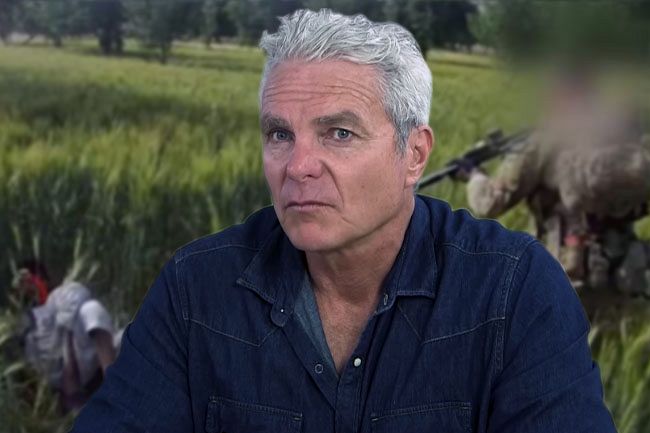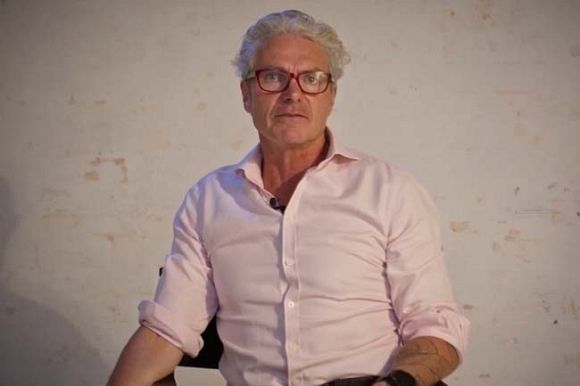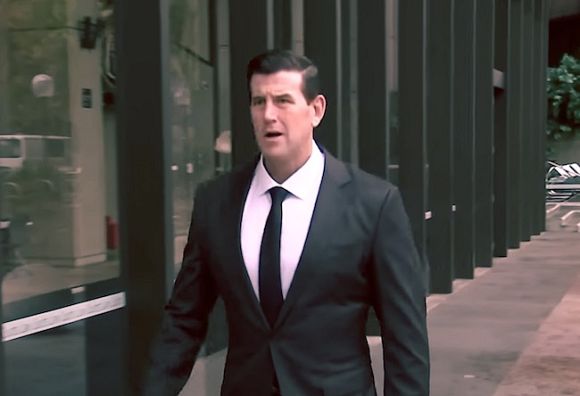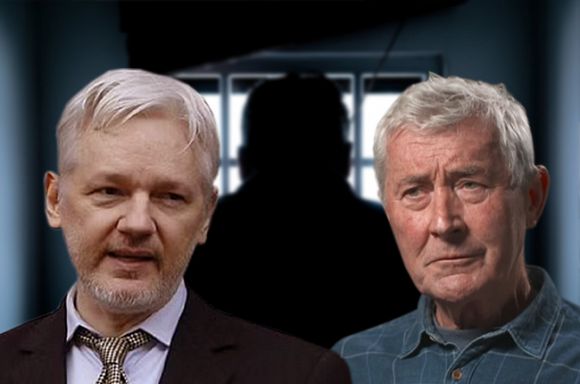The whistleblower of Australian war crimes in Afghanistan is facing life in prison for exposing the truth, while the perpetrators remain free. Dr John Jiggens reports.
AFGHAN WAR CRIMES whistleblower David McBride is facing a secret trial on 13 November that could result in him serving a life sentence for leaking classified information that formed the basis of ‘The Afghan Files’, a 2017 ABC exposé revealing allegations of misconduct by Australian special forces in Afghanistan.
Although the allegations were substantiated by the Brereton Inquiry, which found “credible information” of war crimes committed in Afghanistan by Australian SAS personnel, in a startling similarity to the Julian Assange case, only the whistleblower is being prosecuted while those who committed war crimes go unpunished.
David McBride finds himself charged with theft of government property. Under the National Security Information Act, one of a slew of draconian laws that came in after 9/11, the Government can close the court and present secret evidence that only the judge is permitted to see, and whose contents neither the defendant nor their legal representatives are permitted to know.
During his tours to Afghanistan as a legal officer in 2011 and 2013, David McBride became increasingly concerned that the war was being dictated by politics rather than the best interests of Australia and Australian soldiers.
The rules of law and war were not being followed and were being breached with impunity because of the indifference of higher command. While some soldiers were committing war crimes, others were being wrongly prosecuted to cover up for the higher-ups. There was something terribly wrong with Defence: they weren't defending the country anymore, they were simply defending the Government, putting out whatever good news stories the Government wanted.
In an interview with Andy Paine for 4ZZZ Paradigm Shift, McBride said:
“You can't win wars if you just keep saying: ‘We're beating the enemy’, even if we're not. ‘This is good’, even if it’s not. ‘We're going to give a medal to this guy because he's a brave hero’, even if he's not.”
McBride’s own “through the looking glass” experience came when he was involved in a case where it seemed the military was trying to put decent soldiers in gaol to protect bad soldiers. The only reason they did this, he reasoned, was because the really bad soldiers were famous people and if they went down, politicians could go down with them, so they needed scapegoats. It was all PR.
McBride said:
And that sickened me, to see good soldiers sacrificed in order to protect bad soldiers so as to protect the minister's popularity.
We've learned from the United States, where everything is just a PR exercise. If we go on like this we’re going into another war, another unjust, unjustified, unwinnable war, where more Australian soldiers are going to die. And that is wrong. You don't do that. You don't sacrifice the lives of Australians; you don't send them to places where they can't win for political goals. So I'm not fighting about the last war, I'm also worried about the next.
Afghanistan was Australia’s longest war, yet another in the seemingly endless procession of U.S.-led wars like Iraq, Vietnam, and Korea – unjust, unjustifiable unwinnable wars – where our soldiers were not defending Australia, but were thousands of kilometres off-shore, acting as auxiliaries for the U.S. Australia was the Lackey Country, which fought wars for the U.S. and not for us, the Australian people; and this truth was kept hidden behind secrecy laws and PR about questionable heroism in a pointless war.
“We were just making stuff up,” says McBride:
“We were making heroes that weren't heroes. We were making villains that weren't villains. We were pretending to win a war when we were losing the war. We were lying to the public at the drop of a hat. That bothered me.”
In 2013, McBride made internal complaints about certain SAS soldiers, though he expected it would go nowhere because effectively he was complaining to the very people who had committed the cover-ups. As expected, the internal complaint failed, but it took eight months in which McBride busied himself, gathering documents marked secret that he would give to the ABC.
Says McBride:
Everything in the Afghan War was marked secret, whether it was or it wasn't. Not much of it is truly secret in the sense that it would affect Australia's national security. Most of it would detail crimes and cover-ups and that is not classified information in the true sense of the word.
Under the definition of classified information, you cannot use it. It's illegal to use classifications to stamp something secret when actually you know it's a crime and you just want to keep it in the archives forever. That is an offence, but of course, the people who decide whether it's an offence or not are the same people who are abusing the system to cover it up.
Whether the documents McBride is being prosecuted for leaking are genuinely about national security or are simply hiding war crimes and cover-ups, is something that will be argued in the coming month at David McBride’s trial. What will emerge is unclear. Defence has the power to close the court down: under the National Security Information Act, the Government can clear the court and present evidence to the judge that no one – not even the accused or their lawyers – can see.
If you live in Lismore, you can hear David McBride speak about this at Star Court Theatre, Lismore, at 6:30 PM on 12 October. He will be supported by the globe-wandering John Shipton (father of Julian Assange), back from France, Switzerland and Brazil, to speak about the worldwide campaign of support Assange’s family have been building as his extradition to the U.S. draws near.
Dr John Jiggens is a writer and journalist currently working in the community newsroom at Bay-FM in Byron Bay.
Related Articles
 This work is licensed under a Creative Commons Attribution-NonCommercial-NoDerivs 3.0 Australia License
This work is licensed under a Creative Commons Attribution-NonCommercial-NoDerivs 3.0 Australia License
Support independent journalism Subscribe to IA.















